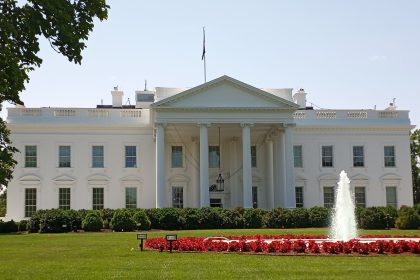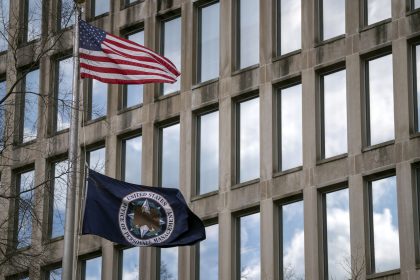AARP Endorses Bipartisan Bill Protecting Older Workers

WASHINGTON – AARP has endorsed bipartisan legislation in the U.S. House of Representatives that would strengthen protections against age discrimination in the workplace.
The Protecting Older Workers Against Discrimination Act is intended to reverse a 2009 U.S. Supreme Court decision that made it more difficult for older workers to prove claims of illegal bias based on age.
Under Gross v. FBL Financial Services, Inc., plaintiffs seeking to prove age discrimination in employment are required to demonstrate that age was the sole motivating factor for the employer’s adverse action.
The bill, which was reintroduced earlier this month by Reps. Bobby Scott, D-Va., and Rodney Davis, R-Ill., would restore the long-standing protections workers age 40 and older had received under the Age Discrimination in Employment Act (ADEA) by resetting the standard to what it was before that 2009 ruling.
“Everyone – regardless of their age – should be able to go to work every day knowing that they are protected from discrimination,” said Scott, chairman of the House Committee on Education and Labor. “Unfortunately, age discrimination in the workplace is depriving older workers of opportunities and exposing them to long-term unemployment and severe financial hardship.
“More than a decade ago, the Supreme Court undermined protections for older workers by setting an unreasonable burden of proof for age discrimination claims. The Protecting Older Workers Against Discrimination Act is a bipartisan bill that would finally restore the legal rights of older workers by ensuring that the burdens of proof in age discrimination claims are treated in the same manner as other discrimination claims,” he said.
“Every American, including older Americans, deserves to work in a workplace or jobsite that is free from discrimination,” Davis said. “That’s why I’m proud to team up with Chairman Bobby Scott and a bipartisan group of lawmakers in introducing the Protecting Older Workers Against Discrimination Act.
“Our bipartisan bill provides workplace protections for older workers by removing barriers they have to filing discrimination claims, ensuring their workplace rights can be enforced,” he said.
They were joined in introducing the bill by six Republicans and six Democrats, including Civil Rights and Human Services Subcommittee Chair Suzanne Bonamici, D-Ore., and Workforce Protections Subcommittee Chair Alma Adams, D-N.C.
“The introduction of this bill is a crucial step to strengthening the law and restoring fairness for older workers who experience age discrimination,” said Nancy LeaMond, AARP executive vice president and chief advocacy and engagement officer, in a written statement. “It sends a clear message that discrimination in the workplace — against older workers or others — is never acceptable.”
The legislation is being considered during a particularly challenging moment for older workers.
Unemployment for workers age 55 and older more than doubled since the onset of the pandemic in the U.S. in February 2020, according to an AARP Public Policy Institute analysis of federal data.
The COVID-19 pandemic has also caused many older Americans to weigh their need to earn money against the possible risks to their health.
“Distressingly, the COVID-19 pandemic has only amplified age discrimination,” AARP Foundation Senior Attorney Laurie McCann said during a March 18 congressional hearing about the bill.
“High and persistent unemployment, compounded by the health risks of COVID-19, threatens the retirement security of older workers,” she said.
The House of Representatives previously passed the POWADA bill with bipartisan support in January 2020, but the Senate never voted on it during the previous session of Congress.
The legislation introduced in mid-March is the same version as the House passed last year by a 261-155 vote, but must be voted on again. A companion bipartisan bill is expected to be introduced in the Senate soon.
























